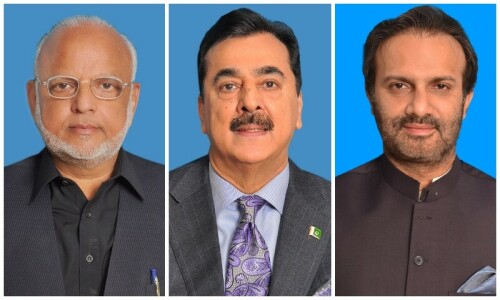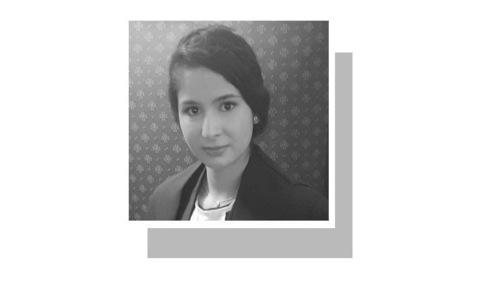ISLAMABAD: Minister for Planning, Development and Special Initiatives Ahsan Iqbal on Saturday underscored the importance of embracing digital and knowledge revolutions for national growth.
He was speaking at the launching of a groundbreaking initiative: “Science, Technology, and Engineering for Development,” a statement issued here said. According to a statement, Planning Minister Prof Ahsan Iqbal inaugurated the programme at a Round Table Conference which was attended by an audience of scientists, researchers, and policymakers.
Prof Iqbal emphasized the transformative potential of technological advancements in reshaping Pakistan’s economic and social fabric.
“Our future lies in building a strong foundation of emerging technologies and aligning them with economic programmes,” he remarked.
While acknowledging Pakistan’s achievements in science and technology, he stressed the urgency of uniting scattered efforts into a cohesive framework to drive broader economic development.
Prof Iqbal outlined ambitious goals, including raising exports from $30 billion to $100 billion within eight years and transforming Pakistan into a $1 trillion economy by 2035.
He called for collective leadership and strategic reforms to break the cycle of economic dependency and achieve sustainable growth.
The conference featured contributions from leading academics, industry leaders, and government officials, fostering a dialogue on the role of innovation in national development.
Dr. Najeeb Ullah, Member Science and Technology at the Planning Commission, presented an overview of Pakistan’s innovation ecosystem, highlighting gaps in commercialisation, venture capital, and industry collaboration.
He urged clustering resources, enhancing civil-military research cooperation, and improving funding mechanisms to boost economic growth.
Keynote speakers included Dr M Aslam Baig from Quaid-i-Azam University, who advocated for policy implementation and increased investment in research, and Dr Shoukat Hameed of the Pakistan Academy of Sciences, who shared insights on leveraging scientific advancements for development goals.
Dr Suhaib Hassan, Member Private Sector and Industrial Growth at the Planning Ministry, stressed strengthening industry-academia linkages to shift from low-value exports to innovative brands. Meanwhile, Dr Taraq Waheed of SZABIST highlighted opportunities in digital health and pharmaceuticals, suggesting that Pakistan could reduce import reliance and achieve universal health coverage.
Dr Mukhtar Ahmed, Chairman of the Higher Education Commission, called for prioritizing education and research to ensure sustainable progress. The initiative aimed to unite stakeholders in building a resilient and technologically advanced Pakistan, setting the stage for a future driven by innovation and strategic collaboration.
Published in Dawn, November 17th, 2024












































